Why enterprise search is not internet search
We explain why you can’t always get the best search results for your business from Google.


There's a reason why Google is a verb. Yahoo may get more visitors than the stock price might lead you to expect, Microsoft is still pumping research and money into Live Search, and there are plenty of new search engines trying to steal even a few percentage points.
But with around 60 per cent of search traffic, Google is where most of us turn when we need to find something on the web. Wouldn't it make sense to use the same techniques to make it easier to find information within the enterprise?
Depending on which survey you look at, businesses waste the equivalent of 10 per cent of salary costs (says the Butler Group) or information workers waste around three to four hours a week a total of five weeks a year - because they don't find the information they're looking for a third to a half of the time (IDC and HP).
In small and medium enterprises in the UK, a YouGov survey this summer found 80 per cent of managers and directors waste up to an hour a day looking for documents. And according the same HP survey, 60 per cent of IT managers spend "a high proportion of their time" dealing with employee requests for help finding basic information on the network.
That means it's worth investing in the right search technology. That doesn't necessarily mean using Google's free SiteSearch on your intranet, familiar as the interface may be to users. For one thing, the information people need to work with is rarely in the intranet to start with, and more importantly, the techniques that work well on the web aren't as well suited to internal search.
Rank and relevance
Although Google doesn't disclose all the factors that it uses to match web pages and rank them in by what's most relevant, the original PageRank algorithm was based on how many other web sites link to a particular page. That's not going to help when you're looking at a file share or the list of outstanding customer complaints where no-one is explicitly making the links between documents to base ratings on, or when the most relevant document for you isn't one that's been accessed frequently by other users.
Get the ITPro daily newsletter
Sign up today and you will receive a free copy of our Future Focus 2025 report - the leading guidance on AI, cybersecurity and other IT challenges as per 700+ senior executives
Deriving relevancy automatically is more attractive than building and maintaining a custom thesaurus of terms and concepts for your enterprise, but the latest enterprise search tools don't rely on pre-written dictionaries anyway.
Google says its Search Appliance for enterprise relies "very little" on PageRank and uses many other algorithms, although it doesn't give details. There have been some impressive customer testimonials for the Google Search Appliance Raytheon says 84 per cent of corporate users find the result they want in the top three links but that still means Google search in the enterprise is very different from Google search on the web. And for once Google is some way behind Microsoft, which became a market leader in enterprise search alongside by buying FAST.
"No-one is going to say Google can't develop good technology," admits Craig Carpenter, the vice president of marketing at enterprise search and knowledge management company Recommind. "They have all the resources in the world and the core technology is very good for web search. But building a relevancy model related to how many people are linking to particular pages is a very different challenge from the enterprise scenario."
Mary is a freelance business technology journalist who has written for the likes of ITPro, CIO, ZDNet, TechRepublic, The New Stack, The Register, and many other online titles, as well as national publications like the Guardian and Financial Times. She has also held editor positions at AOL’s online technology channel, PC Plus, IT Expert, and Program Now. In her career spanning more than three decades, the Oxford University-educated journalist has seen and covered the development of the technology industry through many of its most significant stages.
Mary has experience in almost all areas of technology but specialises in all things Microsoft and has written two books on Windows 8. She also has extensive expertise in consumer hardware and cloud services - mobile phones to mainframes. Aside from reporting on the latest technology news and trends, and developing whitepapers for a range of industry clients, Mary also writes short technology mysteries and publishes them through Amazon.
-
 Meta just revived plans to train AI models using European user data
Meta just revived plans to train AI models using European user dataNews Meta has confirmed plans to train AI models using European users’ public content and conversations with its Meta AI chatbot.
By Nicole Kobie
-
 AI is helping bad bots take over the internet
AI is helping bad bots take over the internetNews Automated bot traffic has surpassed human activity for the first time in a decade, according to Imperva
By Bobby Hellard
-
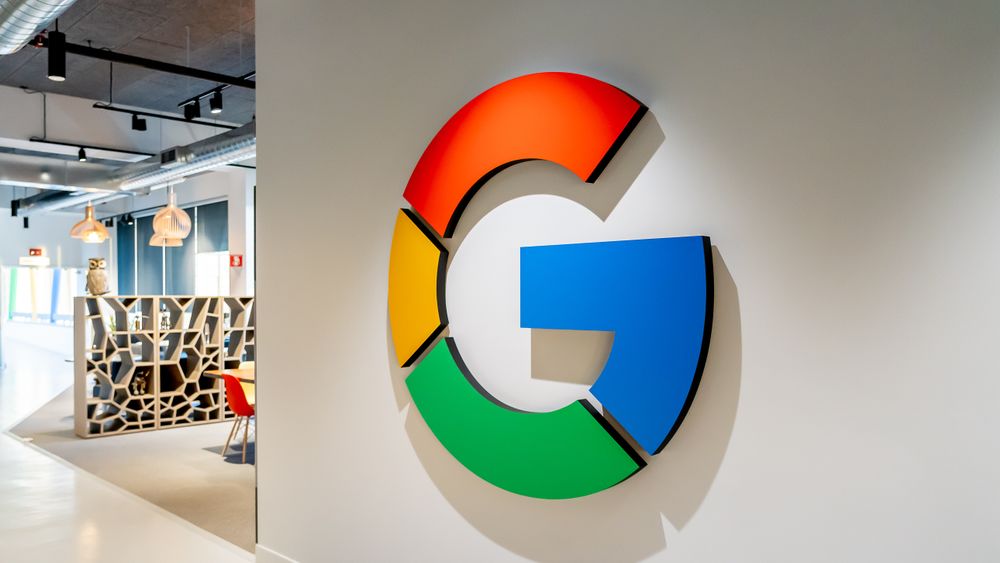 Google looks to shake up the way the tech industry classifies skin tones
Google looks to shake up the way the tech industry classifies skin tonesNews The tech giant is pursuing better ways to test for racial bias in tech products
By Mike Brassfield
-
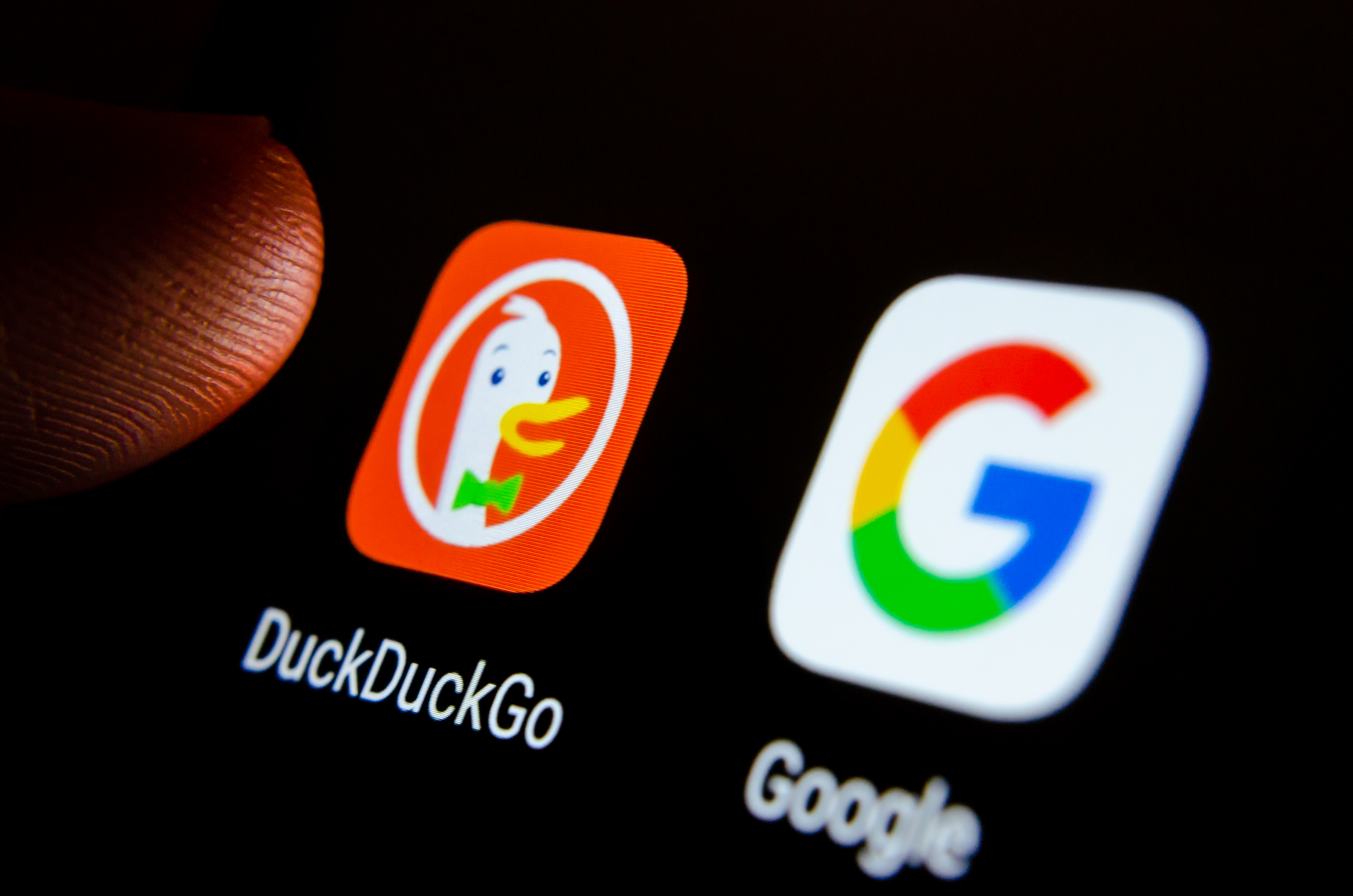 DuckDuckGo vs. Google: Privacy or popularity?
DuckDuckGo vs. Google: Privacy or popularity?Vs Google may reign as king, but it’s not the only option in the world of search
By Sarah Brennan
-
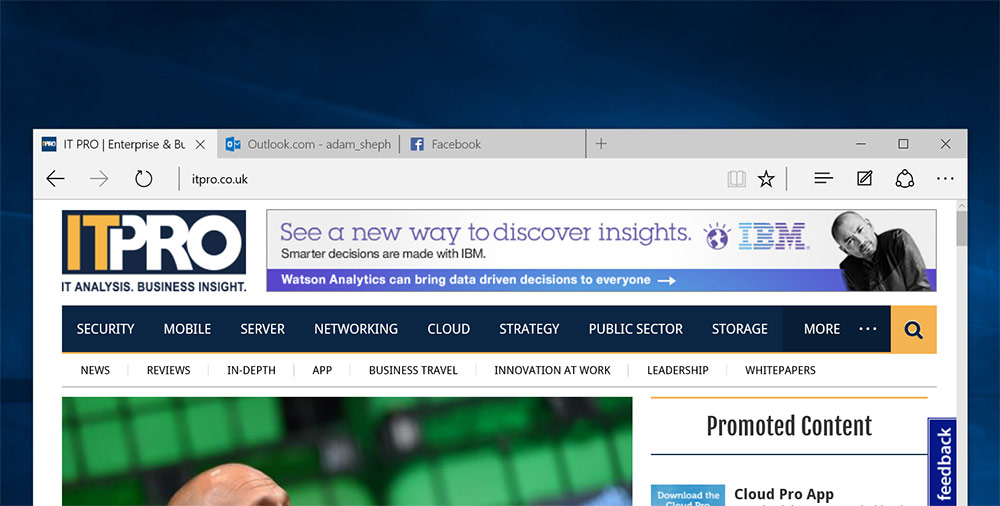 How to change your search engine in Microsoft Edge
How to change your search engine in Microsoft EdgeTutorials If you'd rather search through Google than Bing, here's how to change your default search provider in Windows 10's new browser
By Adam Shepherd
-
 Google's top 2014 search trends revealed
Google's top 2014 search trends revealedNews Google 2014 trends have been unveiled, and include the year’s biggest sporting events, tech releases, cat stats and more
By Caroline Preece
-
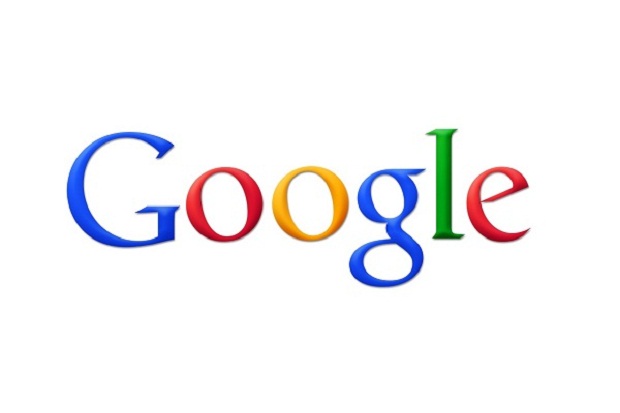 Google declares Amazon its biggest search rival
Google declares Amazon its biggest search rivalNews Google has dubbed Amazon its biggest rival above other traditional search engine companies
By Caroline Preece
-
 EU demands more concessions from Google over search dominance
EU demands more concessions from Google over search dominanceNews Google gets another chance to end probe
By Rene Millman
-
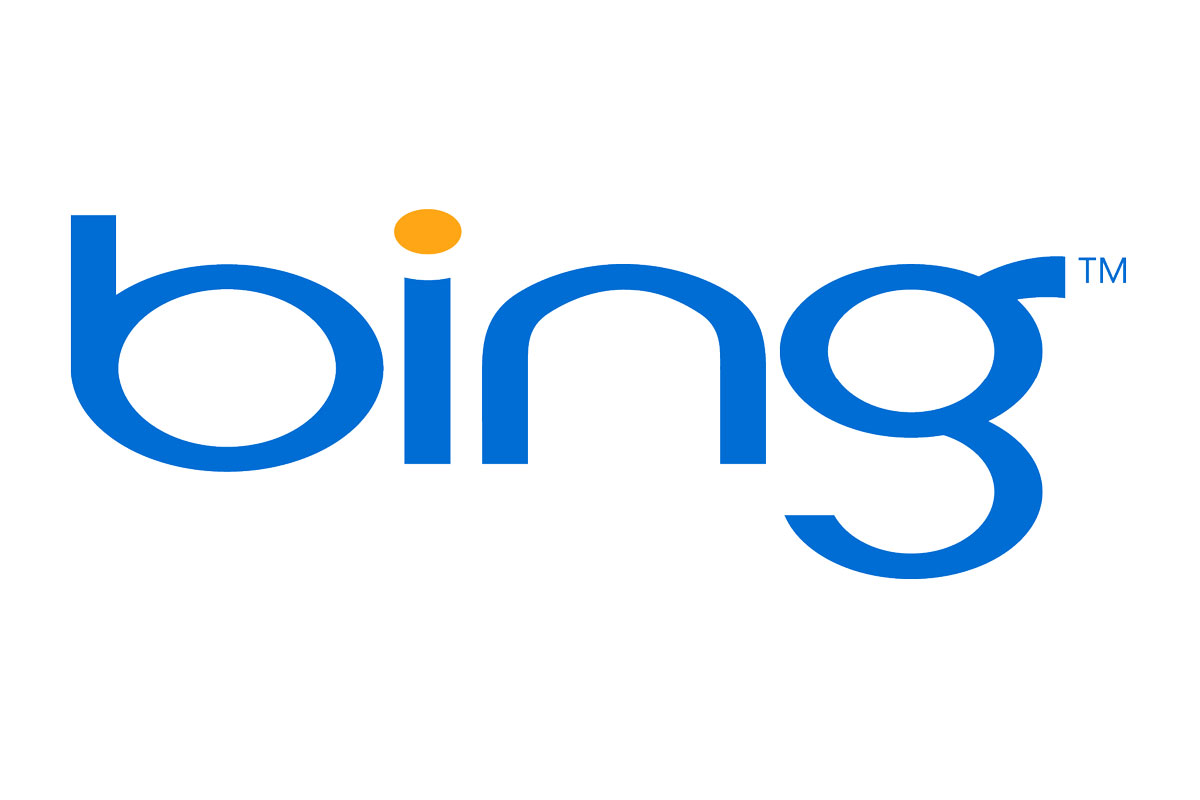 Bing's search now includes academic research
Bing's search now includes academic researchNews Scholarly articles will also be featured in Microsoft's Cortana Personal Assistant
By Clare Hopping
-
 UK demands EU drops right to be forgotten law
UK demands EU drops right to be forgotten lawNews The government has asked for the right to be forgotten law to be removed from new European Union data protection laws
By Clare Hopping